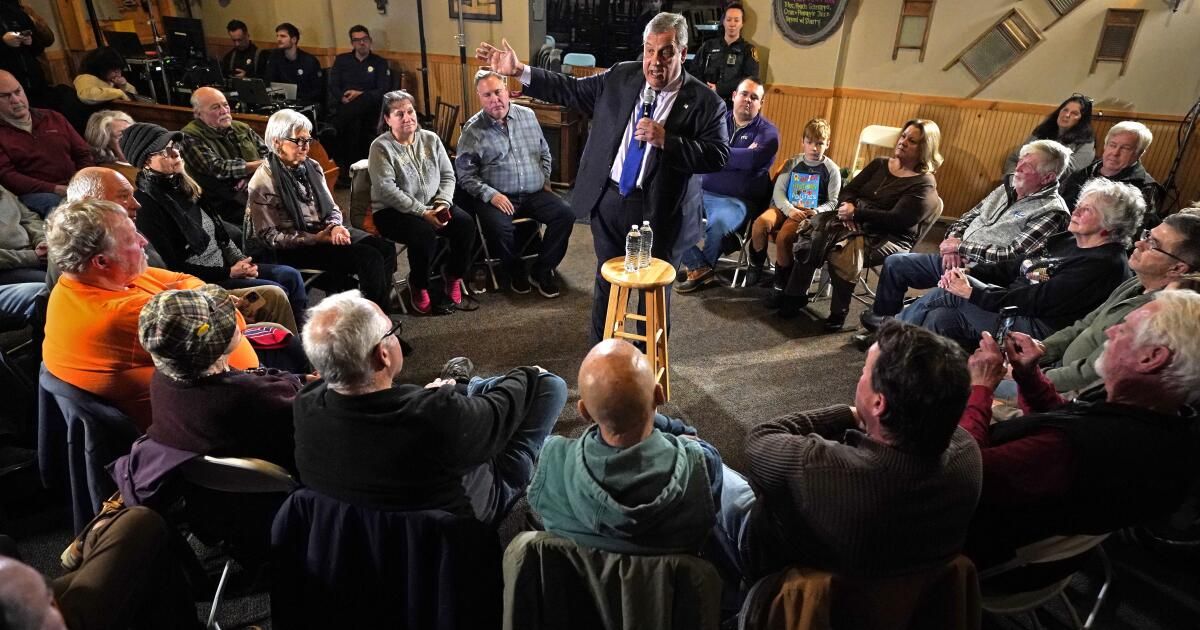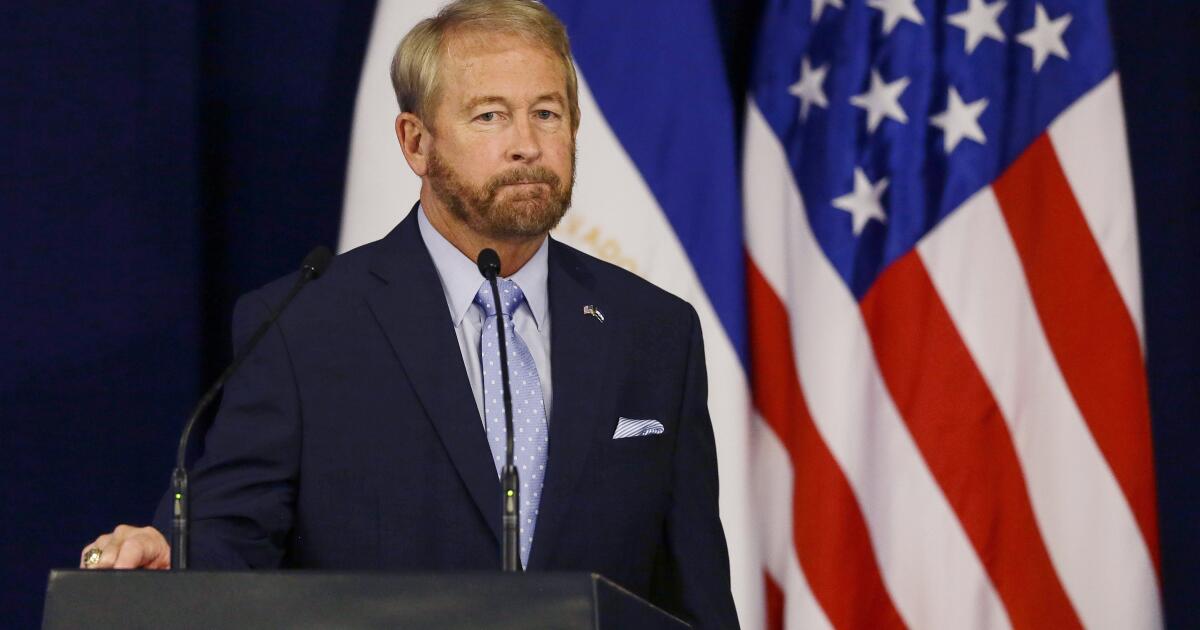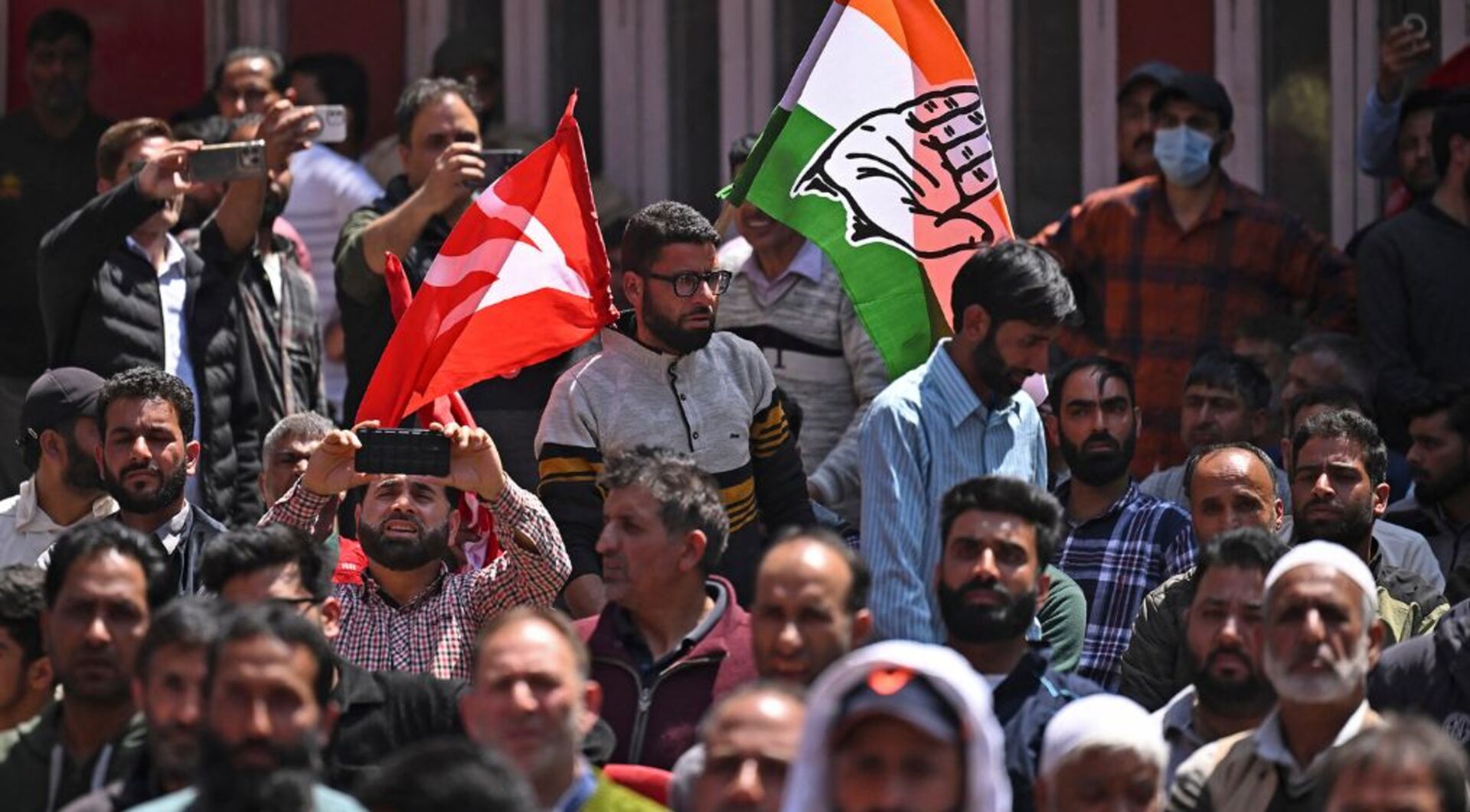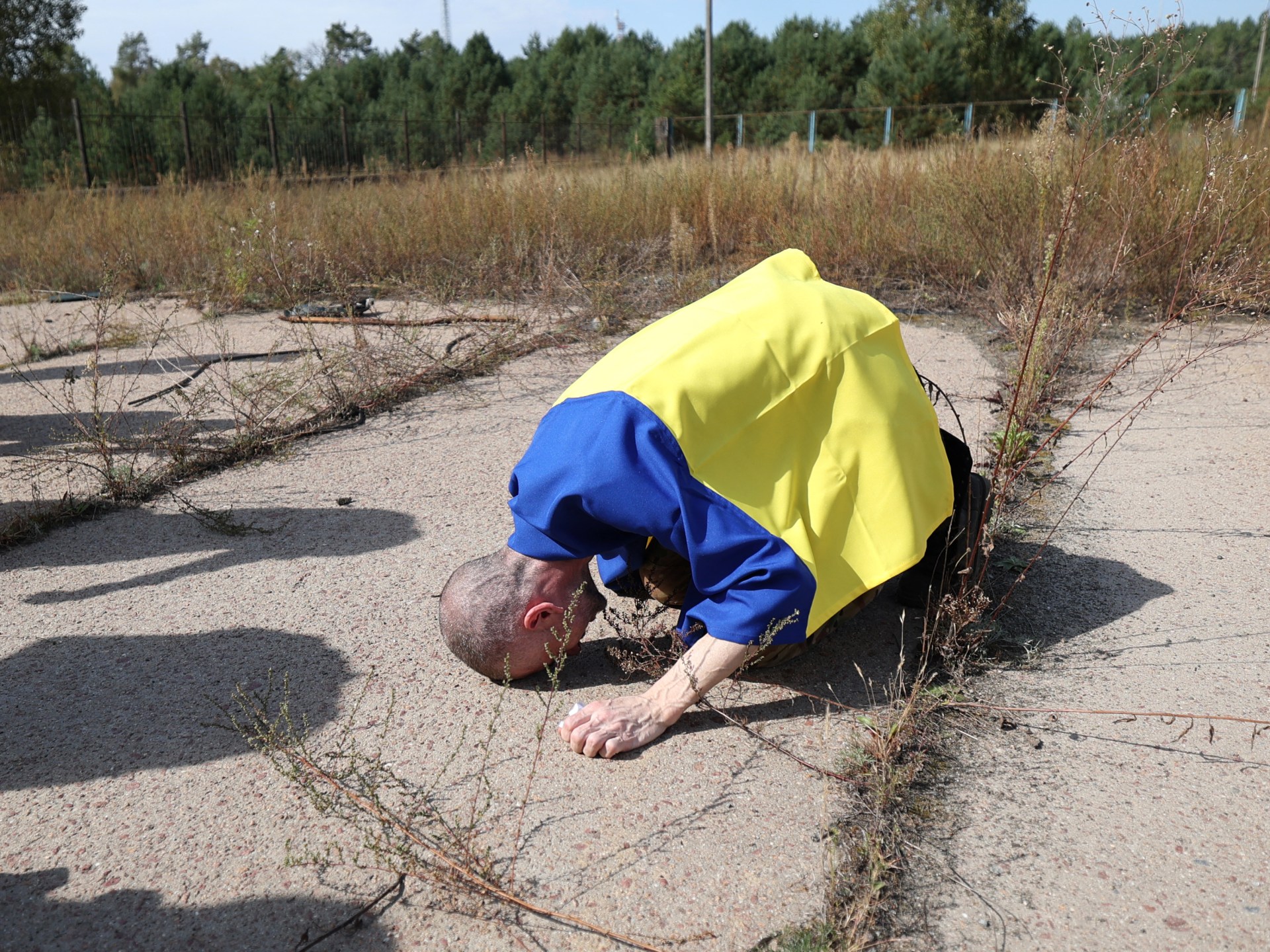After a cold and disappointing caucus night in Iowa, the Republican presidential field moved Tuesday to New Hampshire, where Nikki Haley has her best – and perhaps only – chance to show that Donald Trump can still be defeated in a Republican primary.
The shift means more than a change of scenery: For a brief moment, the focus will be on independent voters and non-Trump Republicans, who have limited influence in most GOP primaries but are a force here and can also play an important role in the November general election.
The prominence of moderates means three things for the Republican Party:
- Haley, the former governor of South Carolina, has a good chance of beating the former president in next Tuesday's primary.
- But because New Hampshire differs so much from the Republican norm, Trump remains the overwhelming favorite to win almost everywhere else.
- And the alienation of Republican Party moderates remains a significant risk to Trump's chances in a general election against President Biden, despite the incumbent's current weak standing.
Only 10% of New Jersey Gov. Chris Christie's supporters and 22% of Haley's supporters said they would vote for Trump in a general election matchup against Biden, according to a Suffolk University poll of voters. of New Hampshire published before Christie dropped out of the race last year. week.
The general election threat facing the GOP comes from voters like Christine Stover of Strafford, in eastern New Hampshire, near the Maine border, who came out on a recent snowy afternoon to watch Christie address a town hall in a barbecue restaurant in nearby Rochester, the last public event he held before resigning.
Stover, a project manager for the local telephone company, said that until recently she had split her votes between Republicans and Democrats. In the 2022 midterm elections, she voted for the first time for a straight Democratic ticket.
He changed his vote because of that year's decision by Republican-appointed justices on the U.S. Supreme Court to overturn Roe v. Wade, the ruling that had guaranteed the right to abortion in the United States for almost half a century.
“Right now, I don't see myself voting for another Republican again” for president, she said, although she was attracted enough to Christie to consider voting for him in the primary.
Her husband, Paul Stover, who voted for Trump in 2016, said he was less sure of his choice this time, but “I really don't want to vote for Trump.”
Like many voters, he has stopped thinking about the likelihood of another Trump-Biden election, hoping it can somehow be avoided.
“I admit, I haven't thought that much about the future,” he said when asked what he would do if a rematch occurred. “I will think about it more when necessary,” she added. “That could be partly a denial.”
Moderate voters form a much larger bloc here than in most Republican primaries: recent surveys by Suffolk University of voters in both Iowa and New Hampshire found, for example, that 41% of likely voters in New Hampshire Republican primaries defined themselves as moderate or liberal compared to 23% of likely Iowa caucusgoers.
By contrast, evangelical Christians, the Republican Party's dominant force in much of the country, accounted for only about a quarter of the vote in New Hampshire in 2016, the last time Republicans had a nomination contest, according to exit polls. In Iowa, they accounted for nearly two-thirds of voters that year.
In most of the rest of the country, including Haley's home state, which votes on Feb. 24, and California, which votes on March 5, the Republican electorate looks more like Iowa voters than New York voters. Hampshire.
Although Haley is a southern conservative who has had strong evangelical support in her race, she has become the default candidate for northern moderates who want to defeat Trump. It's an alliance of convenience rather than enthusiasm, but it provides an outlet for a group that has increasingly been pushed toward (or beyond) the margins of Republican politics.
Several polls released last week showed her closing in on the lead here, with Trump with about 4 in 10 likely voters and the former South Carolina governor supported by between a quarter and a third, according to the poll.
Polls and interviews with voters indicate he will likely elect most of those who had backed Christie. Her support could give Haley the majority of votes she would need to close the gap with Trump.
The postcard image of New Hampshire is one of rural towns built around churches with picturesque white steeples. In reality, the majority of the state's population lives in suburbs within walking distance of the metropolis of Boston. And while the state's voters are no longer representative of the Republican Party, they more or less resemble a key voting bloc nationally: the kind of mostly white, middle-class suburbanites who have abandoned the Republican Party en masse during the Trump era and who played a major role in fueling Democratic victories in the 2022 midterm elections.
Jack Lagasse, an independent who attended Christie's event, said he also expected to vote for Biden, despite concerns about “his age and the fact that if he doesn't finish the presidency, we'll end up with Kamala Harris.” as president”.
I would vote for the Democrat “because of Trump's vendetta against everyone and the fact that he didn't want to give up the presidency last time,” Lagasse said.
“I'm afraid he's going to try to turn this country into a dictatorship,” he said, highlighting the argument Trump's lawyers had made before an appeals court earlier that day that unless he was impeached first, he would be immune from prosecution. for any crime he committed while president, even if he ordered the military to assassinate a political rival.
While Trump's core supporters express fervent enthusiasm for his candidacy, other Republicans show marked reluctance even as they say they hope to vote for him in the end.
Asked what she would do if faced with a Trump-Biden showdown, Christina Austin, an executive assistant at an auto parts company in Dover, on the New Hampshire coast, gave a long sigh.
“I'm not sure,” she said. “Biden has been very, very weak” and “he's not doing much good for the country,” she said, later adding that Trump and his family have a lot of “baggage.”
Moderate Republicans and independents who say they might vote for Biden are not necessarily new defectors from the ranks of the Republican Party, although some are. Many voted for Biden in 2020 and were drawn to this year's Republican primary largely for the opportunity to try to block Trump. But his continued discontent is a reminder that even as Biden battles divisions in his party, Trump has distanced himself from a significant share of what was once the Republican vote.
In the Suffolk poll in New Hampshire, 7 in 10 Christie voters said they would back Biden in the event of a Trump-Biden race. More than 4 in 10 Haley supporters in Iowa said they would vote for Biden over Trump, according to a Des Moines Register/NBC News poll.
The loss of those voters worries Ed Huminick, a real estate developer and local Republican official in his hometown of Salem, along New Hampshire's border with Massachusetts. He was a prominent Christie supporter and potential convention delegate until the New Jersey governor withdrew and said he now plans to vote for Haley. But he is resigned to the likelihood that his efforts will be in vain.
“I am a Republican. “I’m going to hold my nose and vote Republican,” even if that means voting for Trump, she said. “I'm 71 years old and I've been a Republican since I was 21:50 years old,” he added. “That's longer than Trump has been a Republican.”
But, he said, other voters whose partisanship is not as entrenched will not act that way. New Hampshire, a closely divided state, has been slowly tilting toward Democrats, especially in federal elections, and fears that a new Trump appointment could create a tipping point for the state.
“Right now we have a Republican governor, a Republican state Senate and a Republican House of Representatives,” he said. If Trump is the nominee, “I'm concerned that… we'll have a Democratic governor, a Democratic Senate and a Democratic House of Representatives.”
Like Paul Stover, many have simply decided not to decide for now, hoping that some combination of age, legal drama or misfortune can prevent a rematch they fear.
When he dropped out of the race, Christie thanked a supporter, Toni Pappas, a Republican activist and chairman of the board of commissioners for Hillsborough County, which includes Manchester, the state's largest city.
Asked later if he thought Trump was fit for office, Pappas said, “No, he's not.”
When asked what he would do if he were the party's candidate, he grimaced slightly before answering: “I don't know.”












